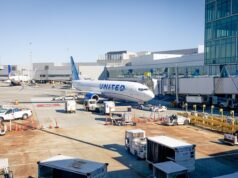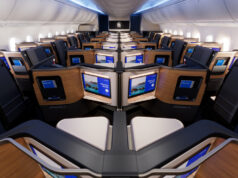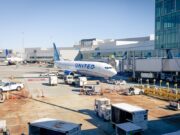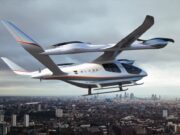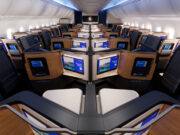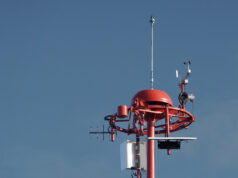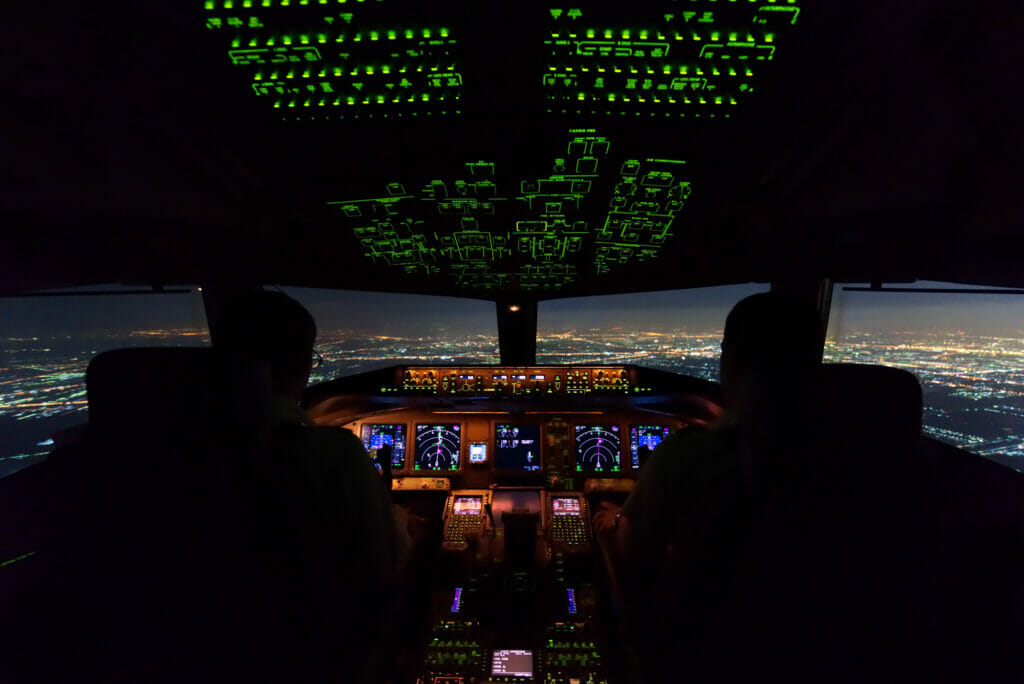
Prior to flight, pilots are required to familiarize themselves with all available information, which includes reviewing instrument departure procedures. This review is to guarantee a safe transition from the terminal area to the en route structure.
Instrument departure procedures are categorized into two main groups: standard instrument departures (SIDs) and obstacle departure procedures (ODPs). Each serves a specific purpose, ranging from traffic flow to obstacle avoidance. Pilots pursuing an instrument rating must be familiar with both, including where to find them and how to interpret them.
Obstacle departure procedures (ODP) are designed entirely for obstacle and terrain avoidance. ODPs do not require ATC clearance to be flown, as most are found at uncontrolled airports. Though not mandatory, they are strongly recommended by the FAA. Failure to follow them may result in a CFIT (controlled flight into terrain) event. Pilots can find ODPs in the terminal procedures publication as they are specific to each airport. Procedures are runway-specific as well. If after departure, ATC issues a clearance conflicting with the ODP being flown, the pilot must query the controller and request clarification. Because ODPs do not require ATC authorization, they do not have to be included in the IFR flight plan.
On the other hand, standard instrument departure (SID) routes are intended to transition IFR aircraft in an efficient manner, particularly within congested airspace. They require ATC authorization, as they attempt to minimize pilot and controller communication. Even if a pilot does not file a SID, ATC may assign one if deemed appropriate (assuming the aircraft meets the equipment and performance requirements). Before filing a SID, ensure your aircraft is capable of compliance (equipment, speed and altitude restrictions, climb gradient performance requirements). Those limitations are listed within the procedure itself as notes. Inoperative equipment may restrict your ability to fly a SID, a reason why you must relay such information to ATC. Given an airport may have multiple SIDs, as a general rule, find the most convenient procedure based on your direction of flight.
Instrument departures are intended to accommodate aircraft efficiently within IFR navigation. The complexity of the United States national airspace system has made these tools critical for safe navigation. Pilots must have a solid understanding of each type of procedure, as well as the potential risks associated with neglecting their existence. It is always the pilot’s responsibility to query ATC, particularly when an instruction is not clear or seems contradictory.
Together, we are a team that strives to keep the skies safe.




























































